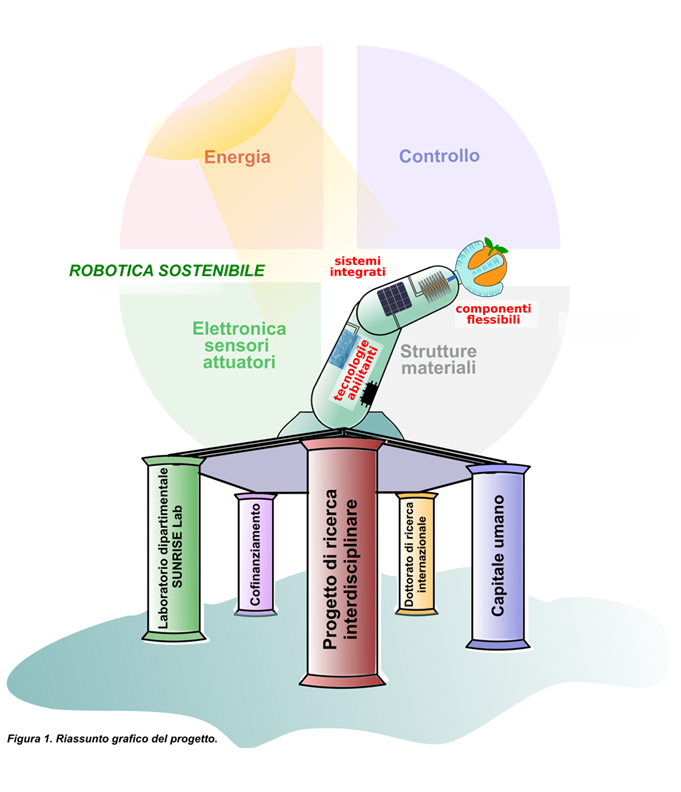For another five years DII (Department of Industrial Engineering) was appointed as Department of excellence by MUR (Italian Ministry of University and Research).
The high competition made the outcome not obvious, but the DII succeeded in standing out as one of the best Italian Departments in the CUN area 09 Industrial and Information Engineering for the years 2023-2027 too. Only four other Departments in Northern Italy obtained the same result, namely: the Politecnico of Turin, the Politecnico of Milan, Ca’ Foscari University in Venice e the University of Bologna.
Both the outstanding score (100/100) assigned by ANVUR (Italian National Agency for the Evaluation of Universities and Research Institutes) to the quality of the research carried out at DII by professors and researches, and the fact the MUR postitively judged the presented departmental development plan, made this result possibile. The funding 2023-2027 is around 7,12 million euros and will be used for the recruitment of professors, technicians, PhD students, and to buy new equipment.
The goal is to create an international hub focused on sustainable robotics and the connected technologies and disciplines.
Modern robotics is having a strong impact on society and it is one of the goal ONU (United Nations) set for a suistainable development. The International Energy Agency esteemed that the number of robotic devices in industry increased of around 16% every year from 2010 until now and that by 2025 the 60% of industries will use them, consumer robots, smart devices and medical robots included. As the number of these devices increases so do the impact on the environment connected to their production, usage and disposal. It is therefore necessary to adopt adequate strategies to reduce their environmental impact during the whole life cycle.
The project developed by DII aimes at reinforcing the competences needed to develop sustainable robotics, such as multifunction materials with a low environmental impact, cutting edge net-shape production technologies, light-weight design, circular economy and the end-of-life of components, flexible electronics, most recent smart sensors and actuators (bio-inspired ones included), energy harvesting systems from renewable sources for operativity, non-linear, hybrid and neural-based control systems.
The interdisciplinary project is based on five main pillars:
- sustainable robotics and multifunctional materials;
- SUNRISE Lab (SUstaiNable RobotIcS Enabling Laboratory);
- the engagement of teaching and research staff of international leverage dealing with enabling technologies and the paradigm Industry 5.0 (mechanics, materials, bioengineering, electronics, autmatic control, computer science);
- the recruitment of professors and reserachers to increase the number of scientifc fields involved;
- the funding of scholarship for PhD students on interdisciplinary but complementary topics co-supervised by prestigious foreign Universities.

